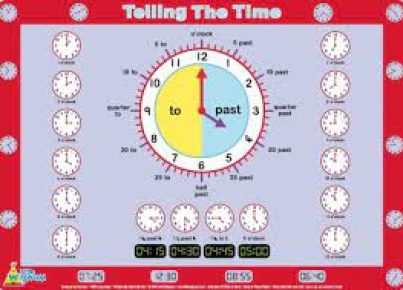Introduction:
Effective listening skills and attention are crucial for success in different aspects of life. Whether it’s academic performance, professional growth, or personal relationships, honing these abilities can greatly benefit individuals. In this article, we will explore various activities that can help boost listening skills and attention.
1. Active Listening Exercises
One method of improving one’s listening abilities is by engaging in active listening exercises. These activities teach individuals to focus on the speaker’s words while also paying attention to non-verbal cues such as tone, facial expression, and body language. Some examples of active listening exercises include:
– Paraphrasing: After someone speaks, briefly summarize their main points in your own words.
– Reflective Listening: Listen carefully and then respond with empathy, reflecting upon the speaker’s emotions.
– Asking Open-Ended Questions: Encourage the speaker to elaborate on their message by asking questions that require more than a simple yes or no response.
2. Mindfulness Meditation
Practicing mindfulness meditation can also help improve attention span and listening skills. By focusing on breathwork or body sensations during meditation sessions, individuals learn to direct their attention and shut out distractions. This increased awareness can translate into better listening skills when engaging with others.
3. Storytelling and Summarizing
Listening to someone narrate a story or describe an event engages several cognitive processes. The listener must concentrate on understanding the plot, remembering key details, and visualizing the events described. Afterward, engage in summarizing the entire narrative in your own words to ensure full comprehension.
4. Audiobooks and Podcasts
Audiobooks and podcasts can be beneficial for improving listening skills due to their immersive nature. Listen carefully while paying special attention to nuances such as pacing, tone, voice inflection, and emotions portrayed by speakers. To maintain focus, take regular breaks or engage in active note-taking to jot down key points and ideas.
5. Visualizing while Listening
As an effective listening technique, visualizing requires individuals to create mental images associated with the speaker’s message. By forming these images in your mind, you stimulate various brain regions, increasing your attention and comprehension of the auditory information.
6. Group Discussions and Role-Playing
Group discussions encourage people to actively engage in conversation, share ideas, and pay attention to others’ contributions. Role-playing exercises involve taking on different characters or situations, which require attentive listening for better understanding and success in the given role.
Conclusion:
Improving listening skills and attention is not an overnight process; it requires consistent practice and engagement in various exercises. Incorporating these activities into your daily routine can help you develop better focus and attentiveness when interacting with others. Ultimately, enhanced listening abilities contribute to more meaningful communication and stronger relationships in all areas of life.





